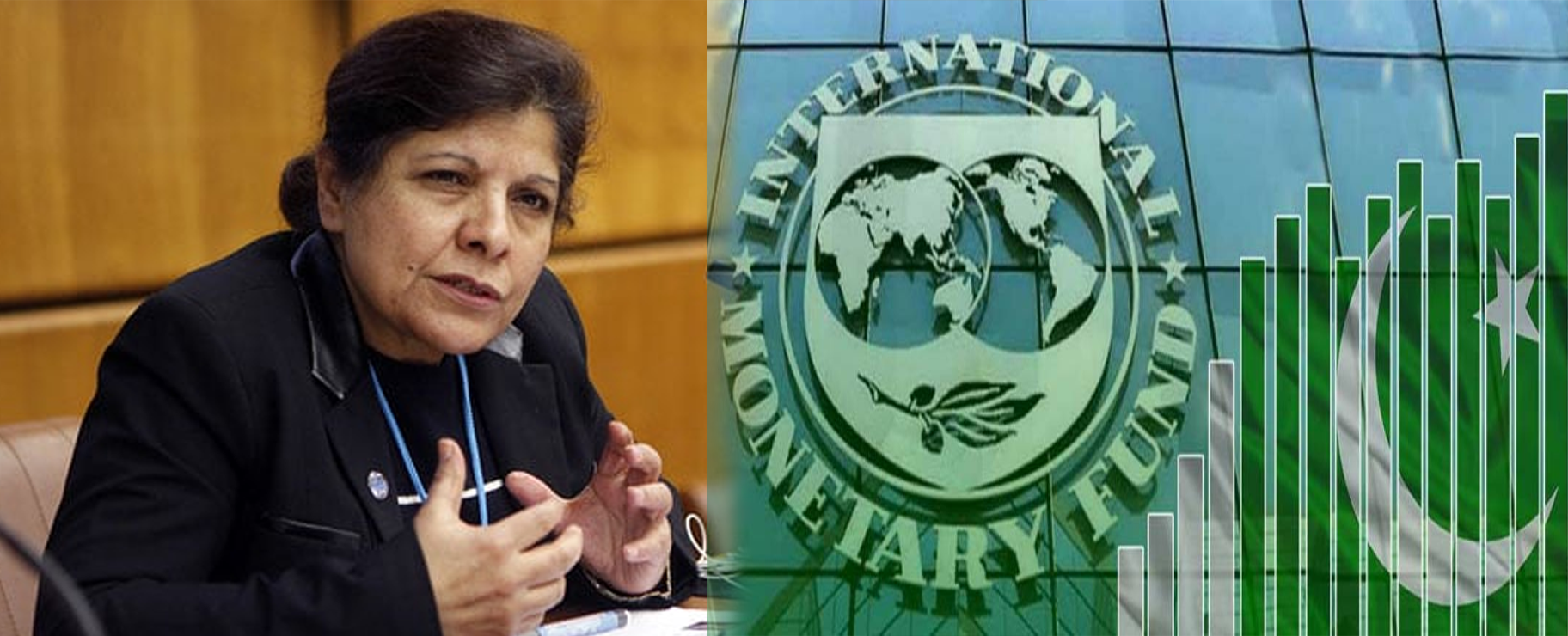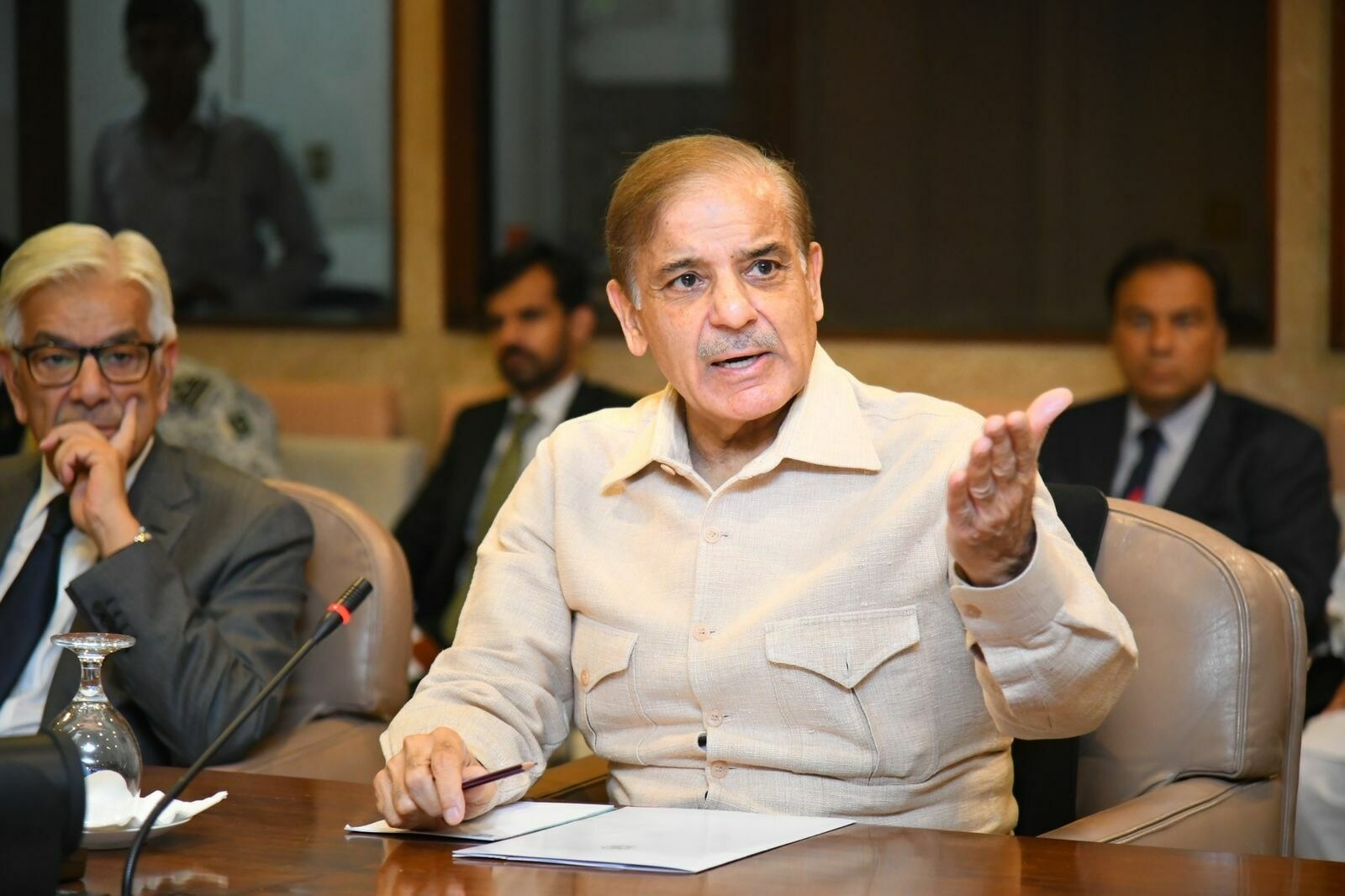PTBP Web Desk
Consumers are set to enjoy a significant reduction in fuel prices as the government announces a forthcoming adjustment in the pricing of petroleum products. Starting February 16, 2025, there will be a notable decrease across various fuel types, providing much-needed relief to the public amidst the backdrop of fluctuating global oil markets.
The price of petrol is expected to decrease by Rs2.49 per litre. This would adjust the cost from the current Rs257.13 to Rs254.64. This reduction, although modest, is part of a broader effort to align domestic fuel prices with international trends and local economic policies.
High-speed diesel, a critical fuel for transportation and industry, is anticipated to see a more substantial price drop. The reduction here is projected at Rs10 per litre, bringing the price down from Rs267.95 to Rs257.95. This significant cut could influence logistics costs, potentially benefiting both businesses and consumers.
Kerosene oil, used predominantly in rural areas for lighting and cooking, will see its price reduced by Rs3.45 per litre, from Rs174.85 to Rs171.40. This adjustment could have a profound impact on households relying on kerosene for their daily needs. Similarly, light diesel oil (LDO) is expected to decrease by Rs5.60 per litre, moving from Rs161.06 to Rs155.46, which could ease the burden on sectors like agriculture that frequently use LDO.
These price revisions are influenced by a combination of factors. The global oil market has shown signs of stabilization with Brent crude dropping by 1.4 percent to $74.14 per barrel and WTI falling by 1.5 percent to $70.33 over the last two weeks. This shift in market sentiment from concerns about supply to expectations of adequate supply has been partly due to a slight increase in Russian crude production. Moreover, the price adjustments consider the current international fuel prices, existing petroleum levies, a stable exchange rate, and other government taxes.
The reduction in fuel prices is poised to have a ripple effect across the economy. Lower fuel costs can reduce transportation expenses, thereby potentially lowering the price of goods and services. This could lead to a decrease in inflation rates, providing relief to consumers and possibly stimulating economic activity as disposable incomes increase.
The government’s decision to adjust fuel prices reflects a responsive approach to both international market dynamics and domestic economic needs. By periodically reviewing and adjusting fuel prices, the government aims to balance economic stability with consumer welfare. These price changes are part of the fortnightly review mechanism that ensures fuel pricing remains aligned with global trends while considering local fiscal policies.




